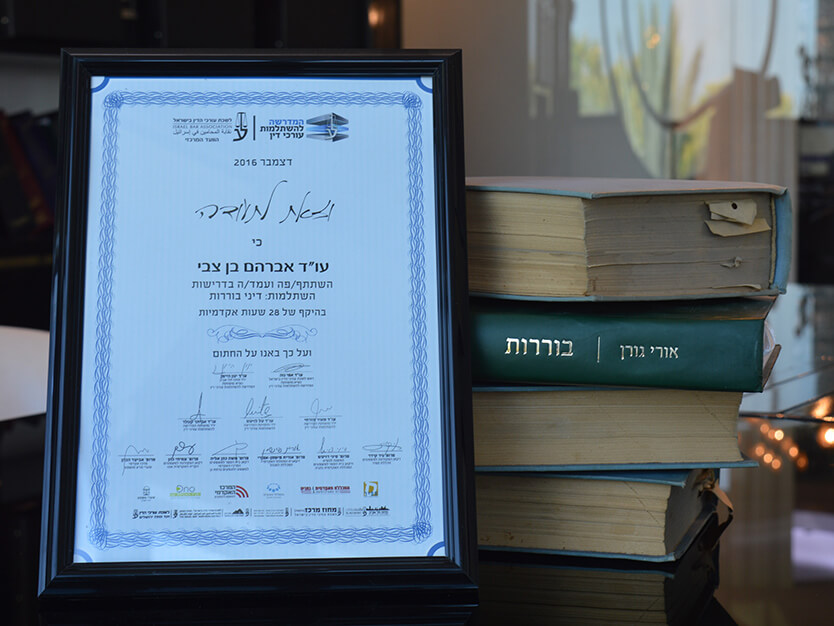Mediation & Arbitration

Relationships come to an end. Marriages break up, business partners decide to go their separate ways. When that happens, disputes often arise. Just because a relationship ends, doesn’t mean a war has to begin. There are other ways to resolve a dispute without the need to go to court.
Mediation: When the parties handle things their way
A cornerstone of the mediation process is dialogue. The side to a disagreement air out their differences, express their concerns, desires and needs to one another. The result of the serious good faith dialogue is a resolution to the conflict, designed by the parties themselves.
Sometimes though, despite everyone’s best intentions, the dialogue that’s crucial successful settlement negotiations, doesn’t come easily. That’s where a trained professional mediator comes in. The mediator facilitates the dialogue. S/he sets the tone for the discussions and guides the sides through the negotiation process; leading to a resolution of the dispute.
The advantages of mediation are many. The biggest advantage is that the parties are always in control. They determine how the process will work. They make all the decisions. People know what is in their best interest far better than any third party. Mediations maximizes the ability to act in one’s best interest.
Arbitration: Customized Litigation
There are times when sides to a dispute can’t settle their differences, and they need a neutral third party to resolve them. That doesn’t mean though, that they need to litigate the dispute before a judge. Arbitration, a hearing before a neutral third party or a neutral panel, is often preferable. And the parties can bind themselves to arbitrate a claim with a written agreement to do so.
Israel’s Arbitration Law of 1968 grants the parties considerable freedom to make many decisions concerning the conduct of an arbitration. Additionally, since arbitrators are not saddled with judges’ caseloads, the process is far faster than litigation in court. And the arbitrators have the time to listen to all the claims, carefully consider them and make a well thought out reasoned determination. Under the law the arbitrator’s decision has all the force and effect of a judge’s decision after trial.
Another advantage to arbitration is that Israel is a signatory to the New York Treaty of 1958. As such Israeli arbitration awards are enforceable internationally.
Our lawyers are certified mediators and arbitrators and are available to act as such in all matters.
 |
Photographed by Alex Schwartz
|
Photographed by Alex Schwartz